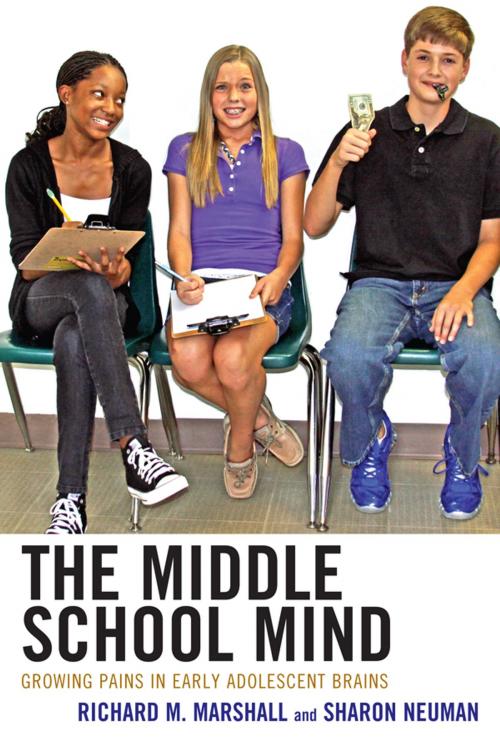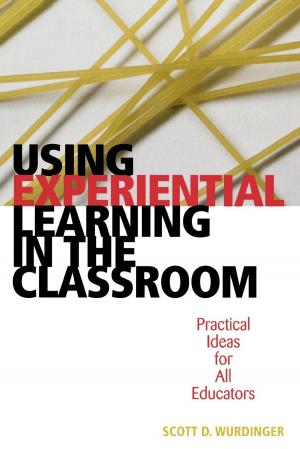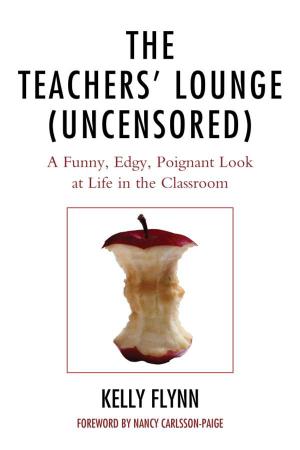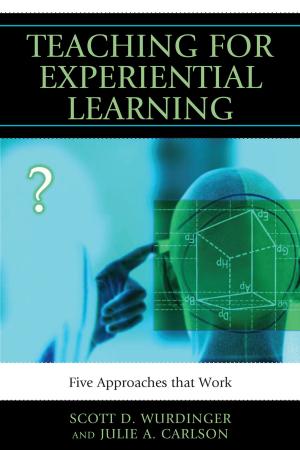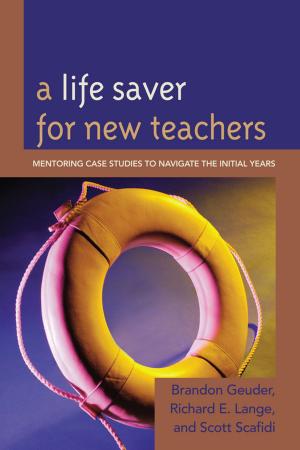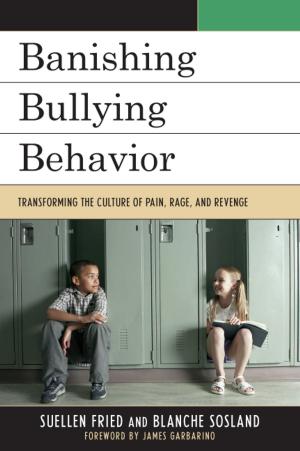The Middle School Mind
Growing Pains in Early Adolescent Brains
Nonfiction, Reference & Language, Education & Teaching, Student & Student Life, Secondary Education, Educational Theory, Educational Psychology| Author: | Richard M. Marshall, Sharon Neuman | ISBN: | 9781610485869 |
| Publisher: | R&L Education | Publication: | December 16, 2011 |
| Imprint: | R&L Education | Language: | English |
| Author: | Richard M. Marshall, Sharon Neuman |
| ISBN: | 9781610485869 |
| Publisher: | R&L Education |
| Publication: | December 16, 2011 |
| Imprint: | R&L Education |
| Language: | English |
This book is a must read for anyone in close proximity to middle schoolers. Using actual events from the lives of real teenagers, the authors (a middle school principal and a child neuropsychologist) combine perspectives to provide an engaging, light-hearted journey into the adventures and misadventures of newly-minted teens. First, the authors put to rest some long-standing misconceptions about teenage behavior. However bizarre they appear to adults, teenagers’ emotional reactions and their behaviors can no longer be explained solely by raging hormones. Using the stories as a backdrop, the authors provide emerging findings from developmental psychology and the neurosciences to explain why young teens do the things they do. The developing brain of a young teenager produces thoughts and feelings that are vastly different from an adult. Knowing this helps us to appreciate and accept the unique challenges they face.
This book is a must read for anyone in close proximity to middle schoolers. Using actual events from the lives of real teenagers, the authors (a middle school principal and a child neuropsychologist) combine perspectives to provide an engaging, light-hearted journey into the adventures and misadventures of newly-minted teens. First, the authors put to rest some long-standing misconceptions about teenage behavior. However bizarre they appear to adults, teenagers’ emotional reactions and their behaviors can no longer be explained solely by raging hormones. Using the stories as a backdrop, the authors provide emerging findings from developmental psychology and the neurosciences to explain why young teens do the things they do. The developing brain of a young teenager produces thoughts and feelings that are vastly different from an adult. Knowing this helps us to appreciate and accept the unique challenges they face.
